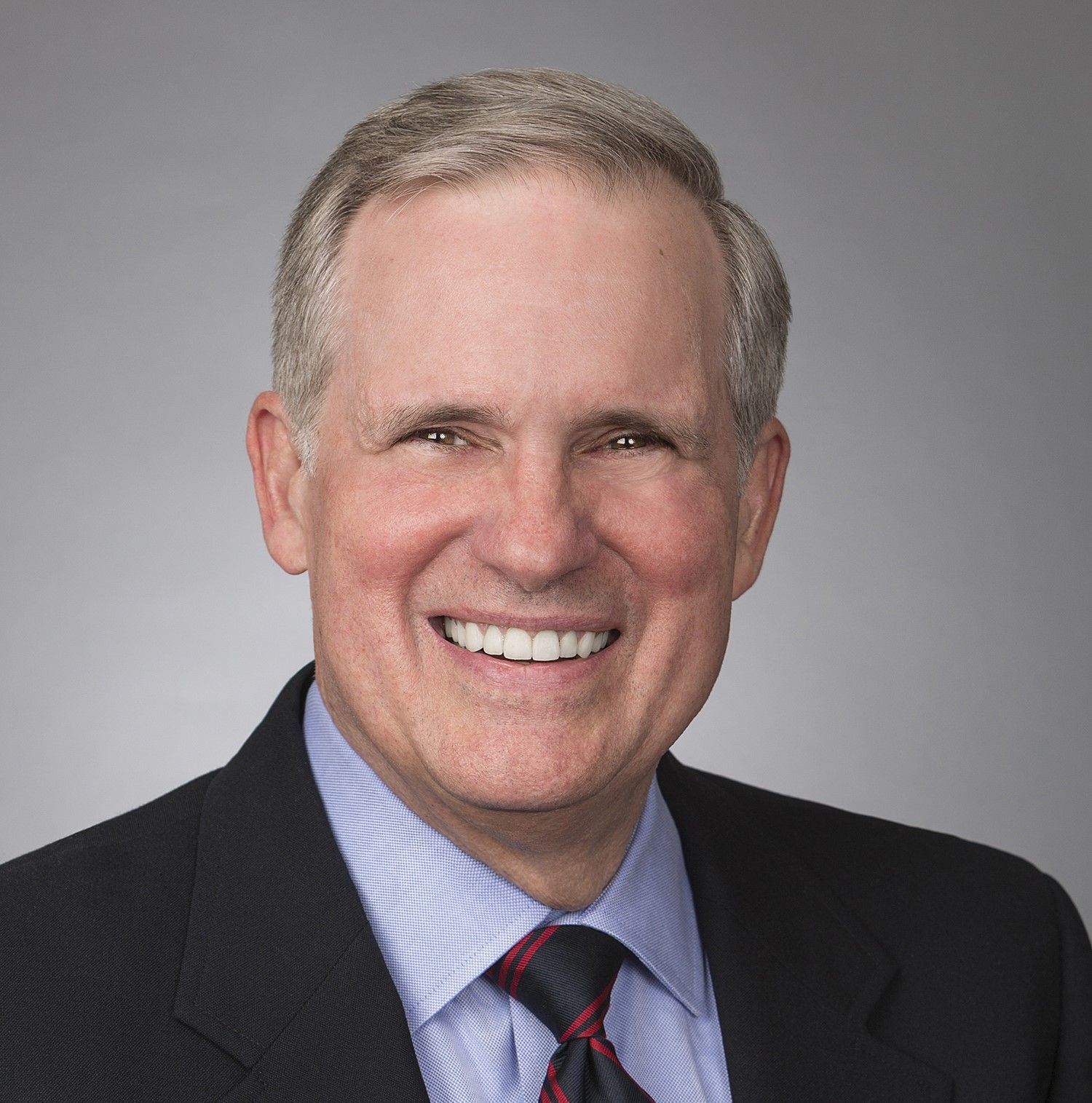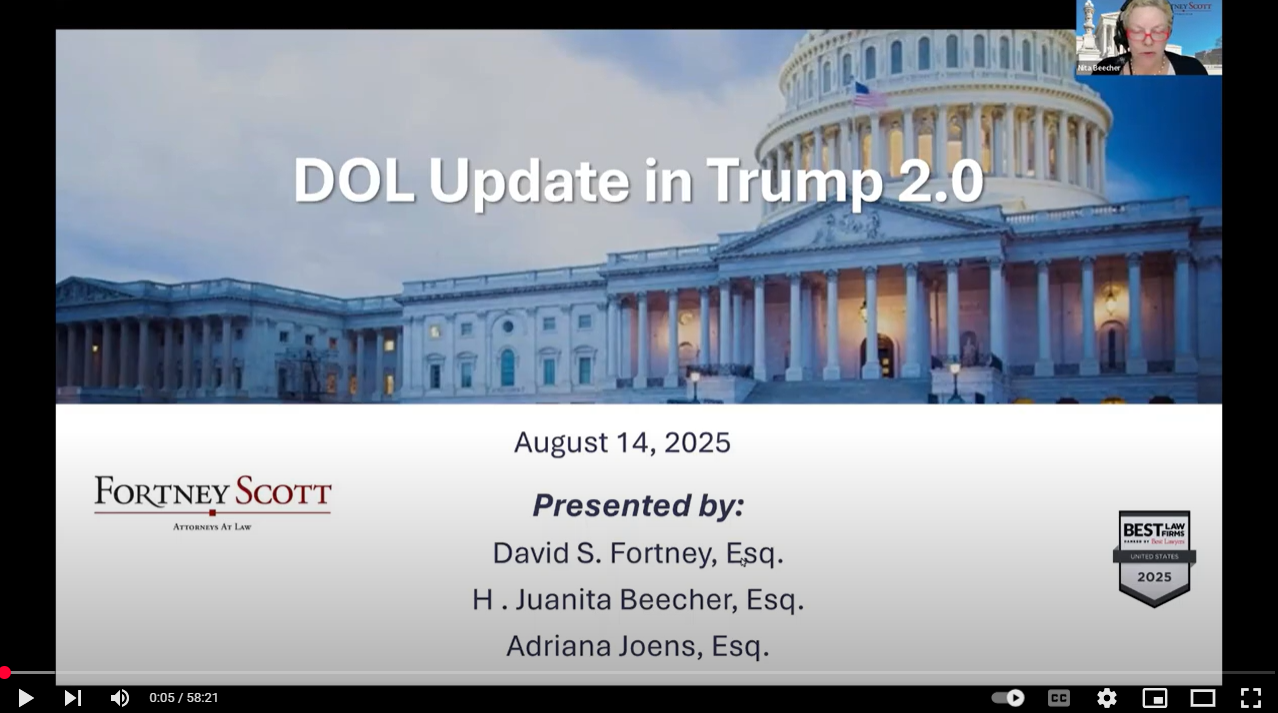Leslie E. Silverman
LESLIE E. SILVERMAN
SHAREHOLDER
WASHINGTON, D.C.
1909 K Street, NW, Suite 330, Washington, DC 20006
Tele: (202) 689-1200 | Fax: (202) 689-1209
lsilverman@fortneyscott.com
Leslie E. Silverman is a shareholder at Fortney & Scott, LLC where she counsels and advises clients on complying with workplace laws, and a wide range of workplace issues, including discrimination and harassment based on race, sex, religion, disability, age, employment screening, pay discrimination, and inclusive practices. Ms. Silverman frequently represents clients before the U.S. Equal Employment Opportunity Commission (EEOC) and other government agencies and specializes in conducting high-level and high stakes workplace investigations.
Ms. Silverman serves as an independent monitor, in consent decree resolutions and conciliation agreements between employers and the EEOC, and in private settlements, where she addresses allegations of widespread discrimination and harassment. In this role, she works with employers to ensure they have effective and compliant policies, robust complaint and investigation procedures, impactful workplace training programs, effective and compliant application processes, supervisor accountability measures and appraisal systems. She also collaborates with employers on the development of employee surveys, feedback tools and other key components of effective culture initiatives.
Ms. Silverman previously served as the Vice Chair of the EEOC until September 2008, and as a Member of the Commission starting in 2002. During her tenure on the Commission, she initiated and led an internal Systemic Task Force which resulted in the 2006 overhaul and reprioritization of EEOC’s Systemic Discrimination Program; spearheaded the examination of discrimination against caregivers and issuance of the 2007 Caregiver Guidance; shepherded the 2008 Compliance Manual on Religious Discrimination through the Commission and led an effort to expand and enhance the EEOC’s mediation program in partnership with the American Bar Association. Ms. Silverman also served as Labor Counsel to the Senate Health, Education, Labor and Pensions (“HELP”) Committee, where her responsibilities included oversight of EEOC, the Department of Labor and handling EEO, FLSA and FMLA legislation and oversight on behalf of the HELP Committee.
Ms. Silverman is a fellow at the College of Labor & Employment Lawyers and a member of the College’s DC Circuit Credentials Committee. She is also a member of the American Employment Law Council and the American Bar Associations’ EEO Committee.
Ms. Silverman is a frequent speaker on EEO law and the EEOC.
Practices
Professional Activities
- College of Labor and Employment Lawyers, Fellow and Member of the DC Cir. Credentials Commitee
- American Bar Association, Equal Employment Opportunity Committee
- American Employment Law Council
- Institute for Workplace Equality, Faculty Member
- U.S. Chamber of Commerce Labor Relations Committee
Admitted to Practice
- District of Columbia
- U.S. Supreme Court
- U.S. Court of Appeals
- Fourth Circuit
- U.S. Court of Appeals, Sixth Circuit
Education
- Georgetown University Law
Center (LL.M. with distinction) - American University Washington
College of Law (J.D.) - University of Vermont (B.S.)








